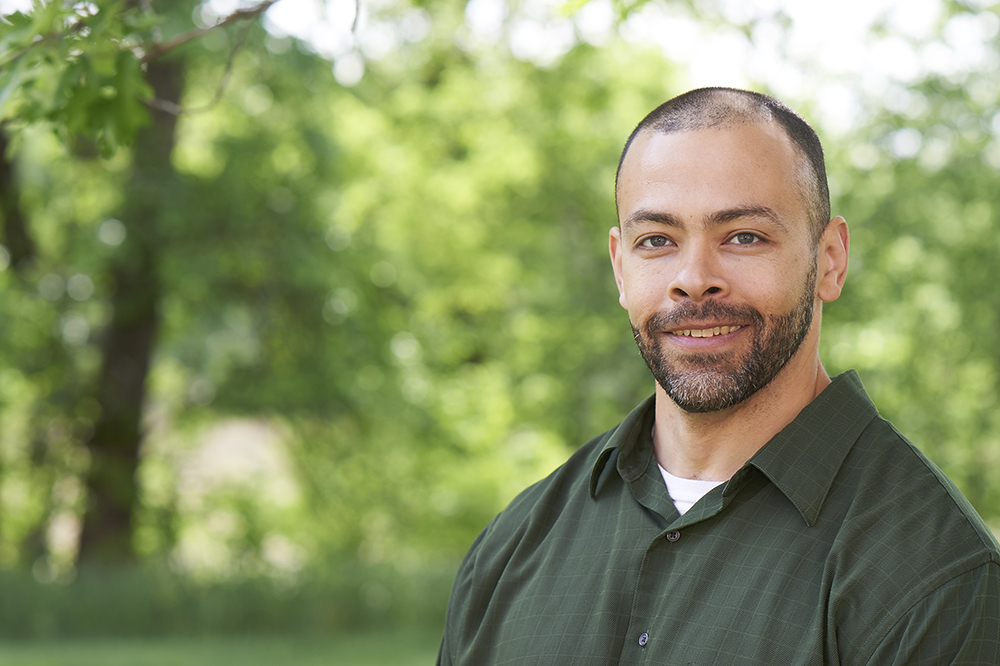
Arran Caza, associate professor of business administration at the Asper School of Business
Age matters
New research at the Asper School of Business may help us prepare for a rapidly aging workforce
Do followers prefer leaders who are younger, or older?
While the answer may say a lot about our stereotypes about age, it could also help us prepare for a rapidly aging workforce, says Arran Caza, associate professor of business administration at the Asper School of Business.
“Older workers – including a wave of Baby Boomers – are retiring later and creating a more age-diverse workforce,” he explains. “Understanding the impact of that trend will help organizations and individuals support and benefit from the coming changes.”
In May 2017, Caza won a fellowship from the U of M’s Centre on Aging, where he is a research affiliate. Beginning in the winter of 2018, he will begin a research study examining the complex interaction between leadership and age. Caza and his team will analyze a large multi-source dataset of leaders and followers. Building on previous leadership and social gerontology theory, the study will explore the three mechanisms by which age may influence leadership outcomes: the effect of leader age on leader behaviour, the effect of leader age on follower responses to leader behaviour, and the effect of follower age on their responses to leader behaviour.
“We know that leaders influence many psychological, social and physiological outcomes in organizations,” says Caza. “However, we don’t understand enough about the interaction between leadership and age, an interaction that will become even more important in the years ahead.”
While negative stereotypes about older workers do persist, positive stereotypes – for example, that age confers wisdom, experience and patience – may be especially relevant to leadership. These often correspond to negative stereotypes about younger leaders.
“For example, when Justin Trudeau announced his bid to lead the Liberal party in 2012, the most common complaint – repeated when he set out to become Prime Minister in 2015 – was that he was too young to lead.”
According to Caza, research already suggests three ways that being older could, in fact, make someone a better leader:
- Self-fulfilling prophecies: If we think older leaders are better, we’ll listen to them more and consider what they say. Everyone is a better leader if they have supportive followers.
- Emotion: Despite the idea that the young are filled with angst and passion, research finds that as adults age, they have richer emotional experiences. Emotion is subtler and more varied as we get older, and we understand those emotions better. That emotional subtlety and insight helps a leader, increasing empathy and the ability to inspire others.
- Motivation: In mid-life our priorities tend to shift. Older workers are less interested in wealth or growth or change for their own sakes. Older workers tend to place more value on their legacy, on how they affect the world around them, and on developing the next generation. Priorities like that make for good leaders.
That’s good news for Boomers and the organizations they are increasingly likely to lead – and not only for the short-term future.
“It’s common to talk about the Baby Boomer generation as a wave, but that image isn’t quite right,” says Caza. “When a wave reaches the beach, it crashes and goes away, and fades into the sand. The effect of the Baby Boomers at work isn’t going away. They’re carving a road in the sand. They are changing how we work, not fading away from it.”






